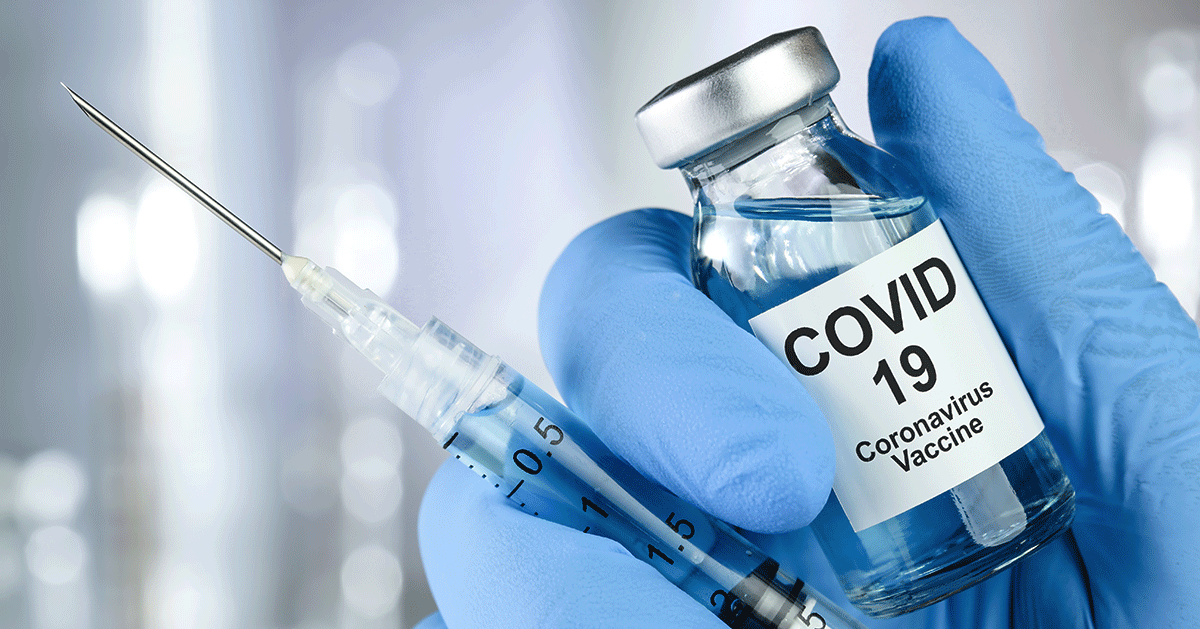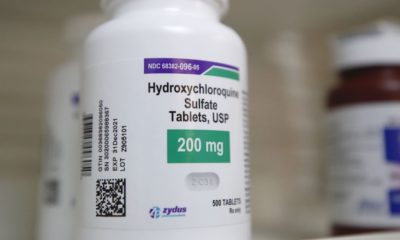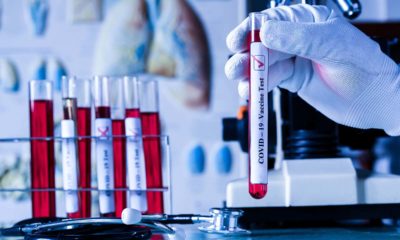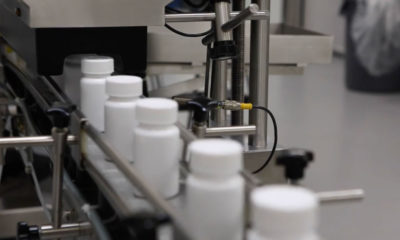Senate Bill 159 was introduced by Senator Scott Wiener of San Francisco and Assemblyman Todd Gloria of San Diego, which allows pharmacies to provide medications for HIV prevention without a prescription. It was signed into law by the governor on October 7.
More Treatment Options for HIV
The prescription medications fall into two categories. First is what is known as PrEP or pre-exposure prophylaxis, which helps prevent the spread of HIV from an infected person. It can be taken daily as a preventative measure.
The other medication is PEP, post-exposure prophylaxis. It is similar to emergency contraceptives in the fact that it can be given after the person has been exposed within a certain timeframe.
The bill prevents insurance companies from requiring patients to get authorization from doctors before they can get the medications. Studies have indicated that PrEP has reduced infection rates when the person takes it every day. If the person has been exposed, they can take the PEP, which has been indicated to be effective in preventing infection.
It can take weeks before a person can get an appointment with a doctor if they are concerned about exposure to HIV. The goal is to reduce the number of new HIV cases.
There are some concerns about these medications. Drugs like Truvada have known side effects, some of them serious. They can cause kidney damage, bone density loss and lactic acidosis. Many people who have taken these drugs weren’t aware of the serious risks involved.
Side Effects of HIV Drugs
Most drugs have side effects, and TDF drugs for HIV prevention and treatment are no exception. The person may experience muscle pain, nausea, diarrhea, dizziness, headaches, problems breathing and more. Because these medications can prevent such a dreaded disease, many people think the side effects are worth it. However, some side effects may be severe and even life-threatening.
Loss of bone density can lead to osteoporosis, which increases the risk of a broken bone. Even more serious is the risk of kidney failure. The person may require dialysis or a kidney transplant because the kidneys fail completely.
Lactic acidosis comes from kidney damage. One of the jobs of the kidneys is to regulate the amount of lactic acid that goes through the blood. When this acid builds up, it can cause hyperlactatemia, which can then go into lactic acidosis. Once it gets to this point, the person may experience confusion, cardiac arrhythmia and organs may fail. Even though the condition is rare, about half of those cases become fatal.
With the availability of these drugs over the counter, the person buying them should make sure they understand any risks. Normally, with a prescription drug, the doctor will discuss any side effects that may be concerning. Since these will be OTC medications, the person can ask their pharmacist about any potential side effects they should be aware of. All medications carry some risk, and the responsible patient will ask about any side effects that could be fatal or effect their quality of life.



































